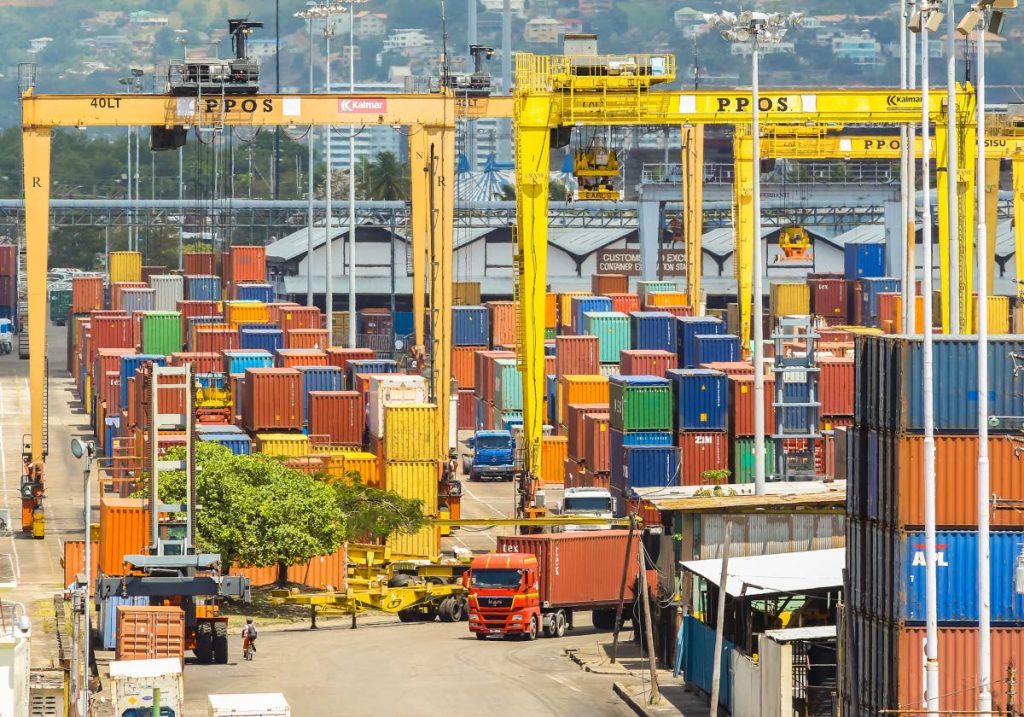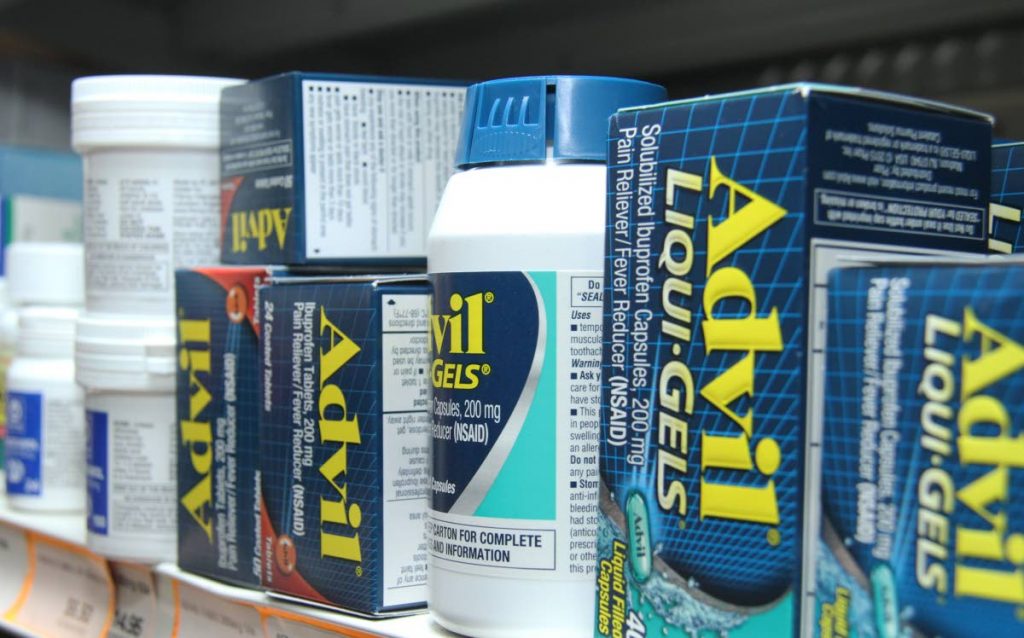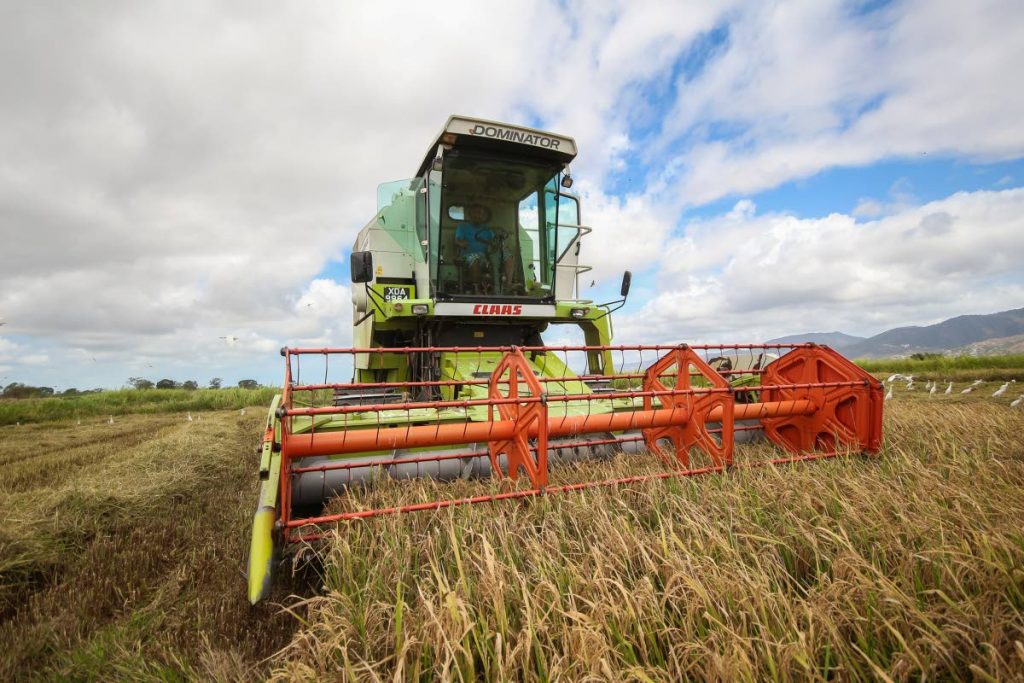Break import dependency

The foreign exchange demand versus supply battle has been one of the major challenges of the 2019 fiscal year and once more how it will be addressed is expected to be a highlight of the upcoming 2020 budget. As economists Dr Vaalmiki Arjoon and Marla Dukharan weigh in on this issue they share one point – devaluation is not the answer.
There is no one single policy measure that can fix our economic woes and solve the foreign exchange (forex) challenge, UWI economist Dr Vaalmiki Arjoon believes. In an interview with Business Day, Arjoon said what we need is to implement a combination of urgent measures simultaneously which should take precedence over a devaluation.
According to Arjoon, devaluation would primarily focus on the demand side of the forex. What TT needs to do is focus more on the supply side and generate more forex. This would involve the development of policies geared towards empowering the private sector.
Arjoon said some of these policies could include improving institutional quality and the ease of doing business; modifying fiscal policy; increasing foreign direct investment; and reducing illicit financial outflows. On fiscal policy, Arjoon suggested at lease two sets of adjustments could be made.

Photo taken from uwischolar.sta.uwi.edu
First, excess demand for forex could be addressed by increasing taxes or duties on the importation of luxury goods, as well as imports of agricultural produce, such as lettuce and tomatoes, which are grown in TT.
Arjoon also suggested a policy that could lower the level of corporation taxes small and micro enterprises (SMEs) have to pay. Jamaica lowered their corporation tax from 30 to 25 per cent, he said, as he suggested corporation tax for SMEs in TT be lowered to 20 per cent. He also said new SME start-ups could pay only ten per cent in taxes for the first two years in operations.
"We have to level the playing field – charging SMEs the same tax as large companies is unfair, especially when they have less access to financing and foreign exchange." Arjoon said a lower tax will help to ease the financial burdens of SMEs, especially at a time when their profitability has taken a hit.
The lower taxes to SMEs, Arjoon continued, will allow them to expand the scale of their operations over time. It will be most beneficial for those involved in industrial activities such as food processing which use local agricultural commodities, allowing them to develop some degree of export potential.
There should also be an aggressive drive to attract foreign companies to invest locally, especially in the non-energy sectors. Arjoon said, "This will bring in much needed foreign exchange, together with additional employment and tax revenue." He observed that in 2017, TT's foreign investment inflows were recorded at US$456.9 million.
He used Jamaica as an example of a country that is employing a strategy to attract this kind of foreign investment. With FDI at US$888.9 million in 2017, Jamaica continually improved business conditions, especially for starting a business, paying taxes, getting credit, construction permits etc.
In Ireland, which accounts for 25 per cent of manufacturing in Europe, Arjoon said over 700 US companies set up operations there for the manufacturing of pharmaceuticals, technology, electronics and medical devices due to continuous improvements in business conditions. With countries making these efforts, Arjoon said, "We will continue to be largely ignored by foreign investors unless we improve in the ease of doing business rankings."

Any discussion about forex also needs to pay attention to the issue of capital flight and illicit financial flows overseas. "These are causing us to lose valuable forex which could be put to productive used locally." Many businesses invest their money in foreign assets overseas because they believe these investments to be less risky or offer better returns but several also engage in illicit financial flows. One typical way this is done is through trade mis-invoicing. Arjoon estimated that from 2006 to 2015, TT lost as much as US$33 billion because of export under-invoicing. "For example…if a company exported $100,000 worth of goods, the invoice might report $50,000 instead. The additional $50,000 would be held in account off-shore," he said.
To deal with this, Arjoon said Government needs to improve TT's anti-money laundering laws and enforce the Financial Action Task Force (FATF) recommendations, an issue on which TT is still lagging behind. There should be an enforcement of the tax exchange information, endorsed by the OECD and G20.
In addition, Arjoon said, customs officials need to be trained further to better detect intentional mis-invoicing of trade transactions, particularly through access to the most recently available world market pricing information at a detailed commodity level.
For those who believe devaluation of the TT dollar can solve the country's forex problems, Arjoon said devaluation is not the magic mantra needed to carry the economy out of distress. A sharp and sudden devaluation, he said, will do more harm than good. "It will worsen the current account, drive up the cost of production and bring inflationary effects, while at the same time, prolong the fiscal deficit."

A devaluation makes local goods cheaper and exports should significantly increase and imports reduce as there ought to be a greater demand for local goods. Under this scenario, the current account will improve and provide a greater influx of foreign exchange, while at the same time, the demand for forex will be lowered as imports fall.
With a higher demand for local goods, the profitability of local firms should also improve, manufacturing and retail activities should also be enhanced, paving the way for more efficient economic diversification. With greater business activities, state revenues should increase and this can help to eliminate the fiscal deficit.
But Arjoon said this is unlikely to happen because TT is import intensive and does not have a well diversified production structure. Each sector relies heavily on imports for their survival. The manufacturing sector imports the majority of its raw materials and machinery for the production process and their daily operations. Essential goods such as medication are 100 per cent imported.

"All these items are not locally available because we lack the capacity, the technical knowledge, the institutional quality and the money to produce them especially in the short to medium term," he said. "The vast majority of what consumers use on a daily basis are also imported, either by themselves when they shop online, or by the retailers whom they purchase from locally."
According to the World Bank's data, TT's imports in 1991 were 33 per cent of its gross domestic product (GDP). Arjoon said when the dollar was devalued in 1993, imports were equivalent to 30.39 per cent of GDP. The ratio went up by nine per cent in 1995, even after the 1993 devaluation.
"In 2017, this ratio was 44 per cent, suggesting that 44 per cent of our production levels are either directly or indirectly tied to imports. This gives some idea of the severity of our reliance on imports." Against this background, he said TT's reliance on imports will not change significantly if there is a devaluation.
"It will continue until the non-energy sectors become mature enough to render us with greater self-sufficiency, where we won’t need to import large quantities as we are currently doing." In that scenario, Arjoon said TT can engage in meaningful import substitution. But this will require serious diversification initiatives, and "we’ve barely scratched the surface."

Due TT's heavy dependence on foreign commodities, Arjoon said a devaluation of the TT dollar may not cause local businesses to reduce their imports substantially, even though the cost of importing these goods is higher with a devaluation. This shows that a devaluation is not "the proverbial silver bullet to eradicate our current economic malaise."
The preferred strategy to address TT's forex issue, Arjoon said, is "a multifaceted approach to tackle the demon of economic adversity that we are currently faced with." The common purpose here would be the creation of a more robust business environment and making TT more export competitive.
"There is no one size fits all solution and trying to force a shoe to fit will only end up hurting your feet more than it provides comfort." Should the Central Bank decide at some point to embark on a devaluation, Arjoon said it should be done gradually, in conjunction with other policies geared specifically towards increasing business activities locally.


Comments
"Break import dependency"